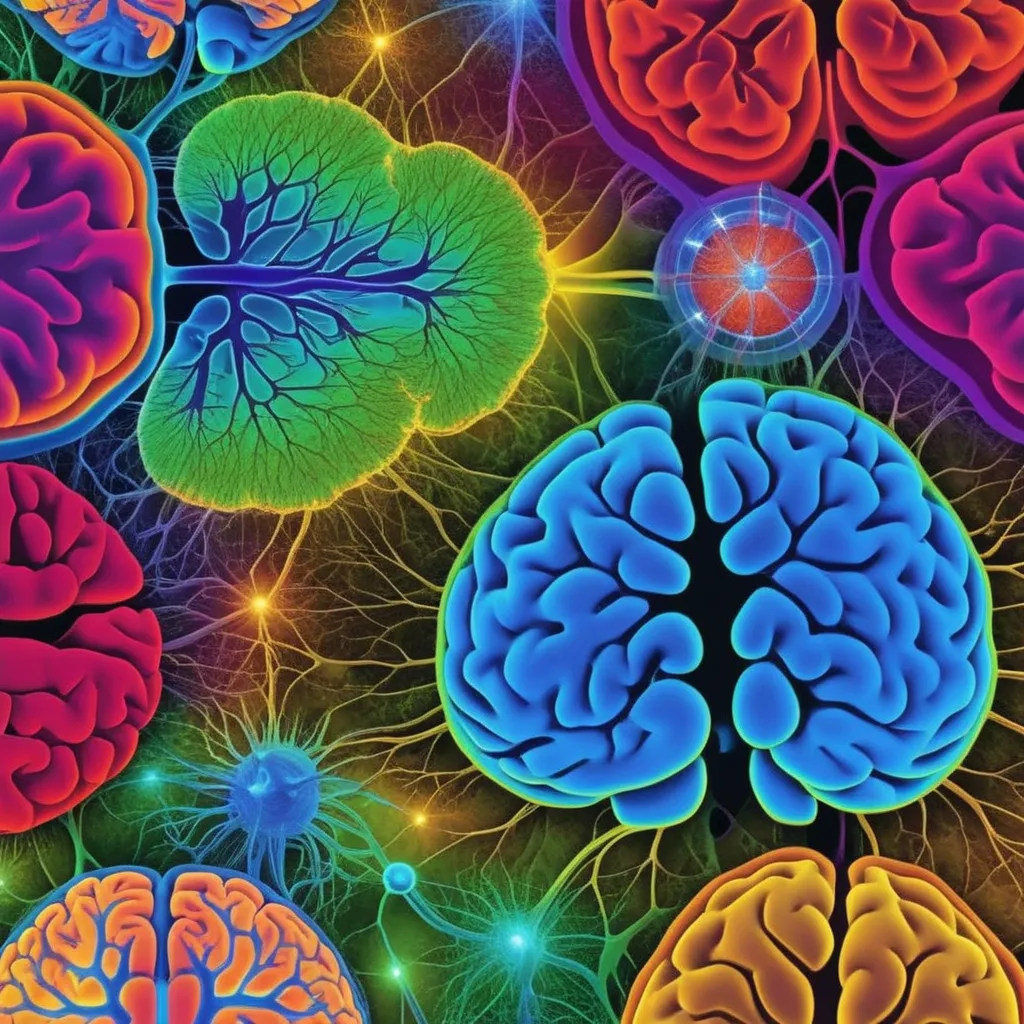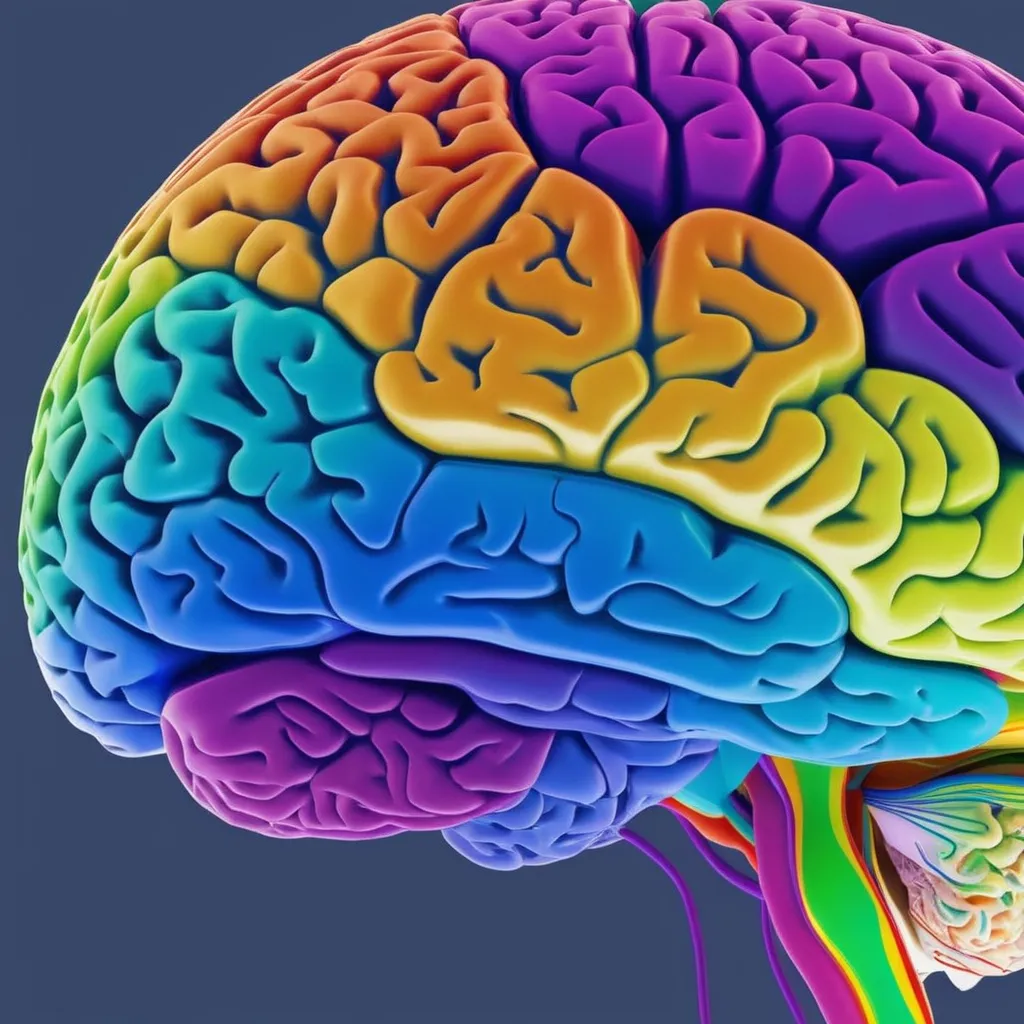Huge Leap in Neuroscience: Mapping the Entire Human Brain
The human brain, that remarkable three-pound organ nestled inside our skulls, has long been a source of fascination and mystery. It's the epicenter of our thoughts, emotions, and memories, and understanding it has been one of the greatest quests in neuroscience. Now, we're on the brink of a monumental achievement – mapping the entire human brain. In this article, we'll dive into the significance of this groundbreaking leap in neuroscience, the incredible journey it represents, and the vast potential it holds for the future of medicine and human understanding.

The Enigma of the Human Brain
The human brain is arguably one of the most complex structures in the known universe. It consists of around 86 billion neurons, each connected to thousands of others, forming an intricate web of neural circuits that govern our every thought and action.
Personal Connection
My fascination with the human brain began during a high school psychology class. Learning about the brain's role in shaping our perceptions and behaviors left me in awe of its complexity. Little did I know that one day, we'd be on the verge of unlocking even more of its secrets.
The Quest for Understanding
For centuries, scientists and researchers have been on a quest to unravel the mysteries of the brain. The journey involved countless experiments, breakthroughs, and a deepening appreciation for the organ that makes us who we are.
Personal Experience
During my college years, I had the opportunity to work in a neurology lab. Seeing firsthand how dedicated scientists delved into the intricacies of the brain left a lasting impression. It made me realize the importance of their work in improving our understanding of neurological disorders.
Mapping the Entire Human Brain
The leap in neuroscience we're witnessing today revolves around the ambitious goal of mapping the entire human brain. This monumental undertaking involves creating a comprehensive map of the brain's neural connections, known as the "connectome."
Advanced Imaging Techniques
Researchers employ cutting-edge imaging techniques, such as functional magnetic resonance imaging (fMRI) and diffusion tensor imaging (DTI), to visualize and trace neural pathways in unprecedented detail.
Unraveling Brain Disorders
Mapping the human brain has far-reaching implications for understanding and treating brain disorders like Alzheimer's disease, Parkinson's disease, and schizophrenia. It provides a foundation for developing targeted therapies and interventions.
The Potential of a Complete Connectome
A complete connectome of the human brain holds immense potential:
Personalized Medicine
It can pave the way for personalized medicine, where treatments are tailored to an individual's unique neural connectivity patterns, improving the effectiveness of interventions.
Advancements in Neuroscience
The data generated from mapping the connectome will drive advancements in neuroscience, fostering a deeper understanding of consciousness, memory, and cognition.
Unlocking the Mind
Ultimately, a complete connectome may help us unlock the secrets of the mind, shedding light on the nature of human consciousness and the mechanisms behind our thoughts and emotions.
Challenges and Collaborations
Mapping the entire human brain is not without its challenges. The sheer complexity of neural connections and the vast amounts of data involved require collaboration between scientists, institutions, and advanced technologies.

A Brighter Future for Neuroscience
As we celebrate this huge leap in neuroscience, we're reminded that the quest to understand the human brain is a journey that unites us all. It's a testament to human curiosity, collaboration, and the pursuit of knowledge.
Personal Reflection
Thinking back to my days in that neurology lab, I'm struck by the dedication of the researchers I worked with. They were pioneers in their own right, pushing the boundaries of what we know about the brain. The prospect of mapping the entire human brain is a tribute to their unwavering commitment and the boundless potential of scientific discovery.
In celebrating this remarkable achievement in neuroscience, we celebrate our capacity to explore the most intricate corners of our existence. Mapping the human brain isn't just about understanding ourselves; it's about offering hope to those affected by neurological disorders and paving the way for a future where the mysteries of the mind are a little less mysterious. It's a journey that holds the promise of brighter days for neuroscience, medicine, and humanity as a whole.

No comments:
Post a Comment